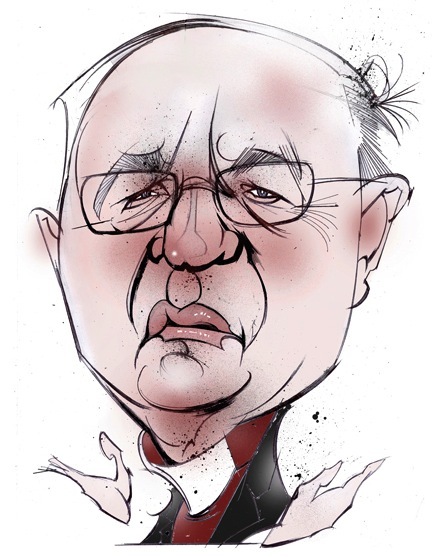The British need to talk about religion. The trouble is, every time God rears His head in the public square — as we have seen this week with the row about prayers at council meetings and Baroness Warsi’s speech on ‘militant secularism’ — everybody starts speaking in platitudes. The debate follows a familiar pattern: an anti-religion spokesman, probably a man from the National Secular Society, says something about Britain not being a ‘theocracy’. He then might mention America as an example of the theocratic menace, happily ignoring that the USA is, definitively, a secular country. In reply, somebody religious, probably Lord Carey of Clifton, says that ‘religious freedom’ is under threat. And finally, somebody who wants to sound reasonable — it used to always be Tony Blair — says ‘what a difficult and painful issue’ this is. We all agree and try not to think too hard.
Maybe the problem isn’t the angry atheists or the religious zealots at the extremes, for once. At least they know what they think. Maybe the problem is the very confused and vaguely Christian mass in the middle. We know that we should think about the fundamental questions, but we can’t really be bothered unless we can do it within the narrow mental confines of a media row.
In this week’s mag, as it happens, I’ve interviewed Lord Carey. Far from being a rabid and narrow anti-secularist, he seemed to me to be thoughtful and civilised. He is worried about the
marginalisation of faith in public life, and as a result perhaps too eager to be quoted in the papers on religious ‘rights’. But he is also aware that Christians in Britain shouldn’t
start thinking themselves as martyrs when they are obviously not. Here’s a snippet for CoffeeHousers:
‘Lord Carey stresses that British Christians should not see themselves as martyrs. “We are still very lucky in this country,” he says. “Unlike in other countries, we can practise freely. What we are talking about here is discrimination, not persecution.” But discrimination might be a “prelude” to something more sinister, he says. Anglicans and what he calls the “silent majority” — those who identify themselves as Christian even if they don’t go to church — must stand up for religious freedoms before it’s too late. “It’s up to us to do something. We’ve got to shake up our clergy, shake up the people, encourage them to get over the attitude of ‘We can do nothing about it, this is now a post-Christian age’.” British Anglicans, he says, have much to learn from their African counterparts. “For them, faith is so important that they would face death for it if it came to that. It’s not an old overcoat that you can dispense. Maybe we have got to learn to be more committed to our faith — sort out the men from the boys, to some degree.”’







Comments